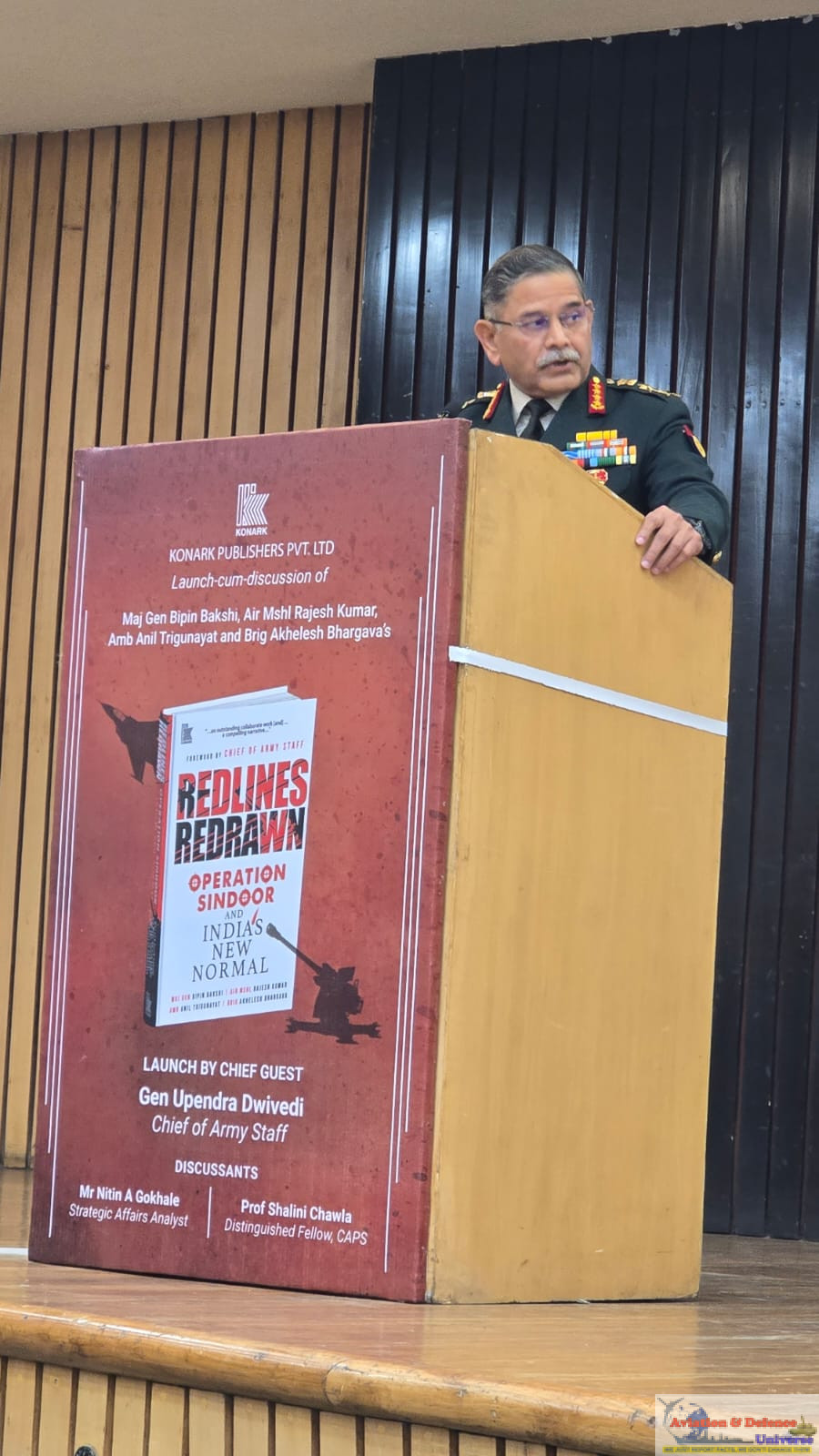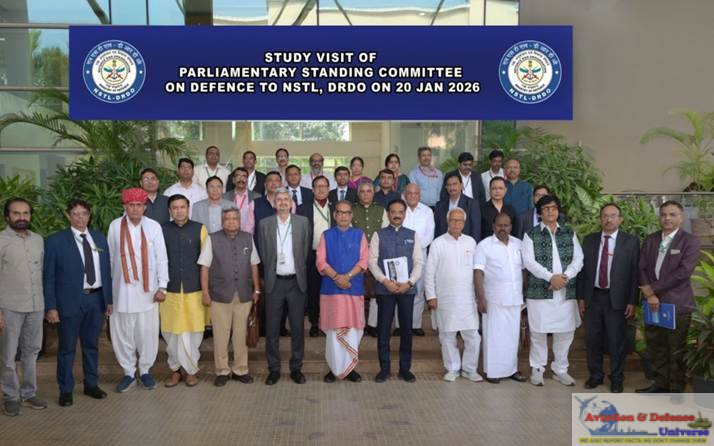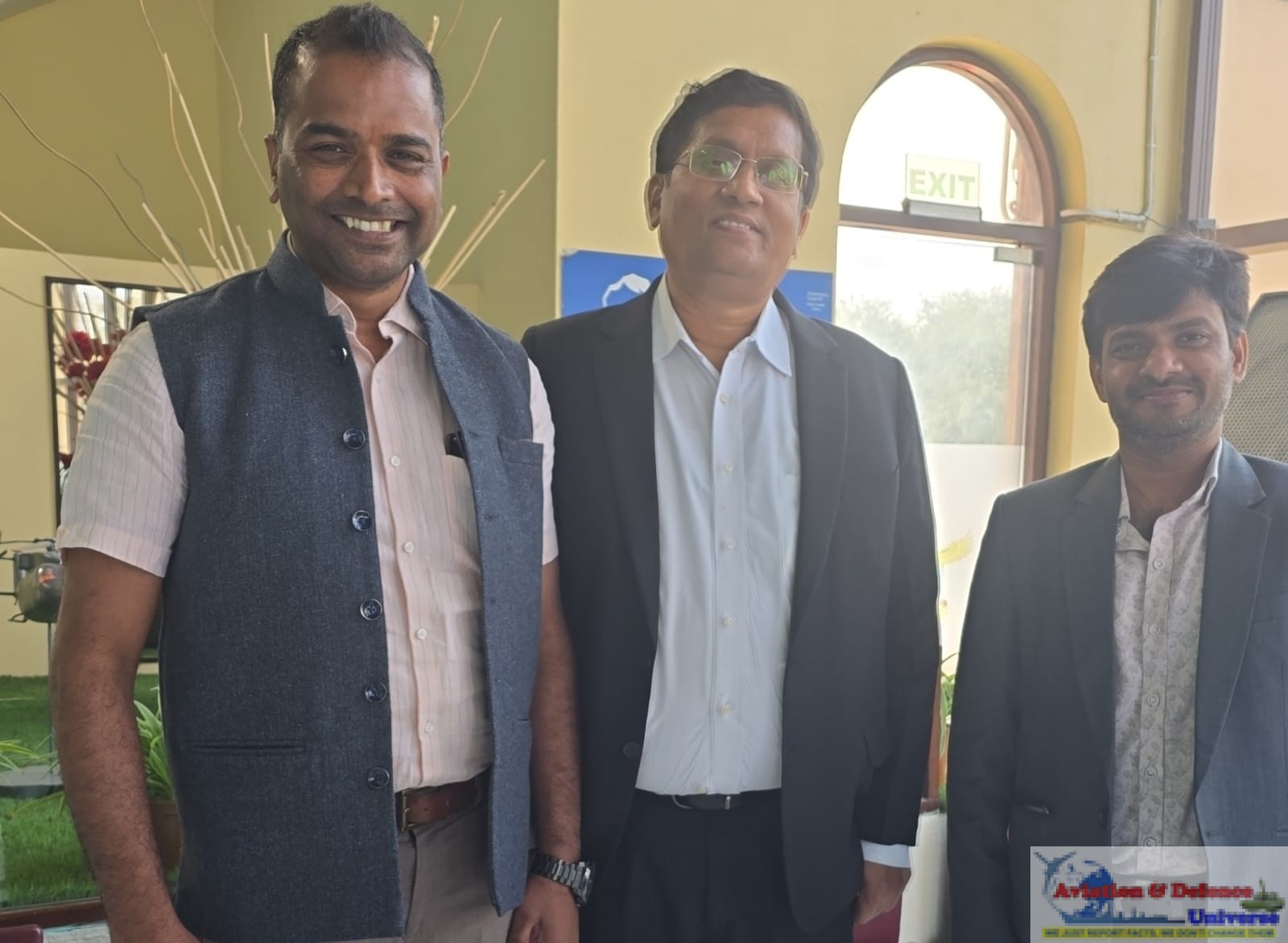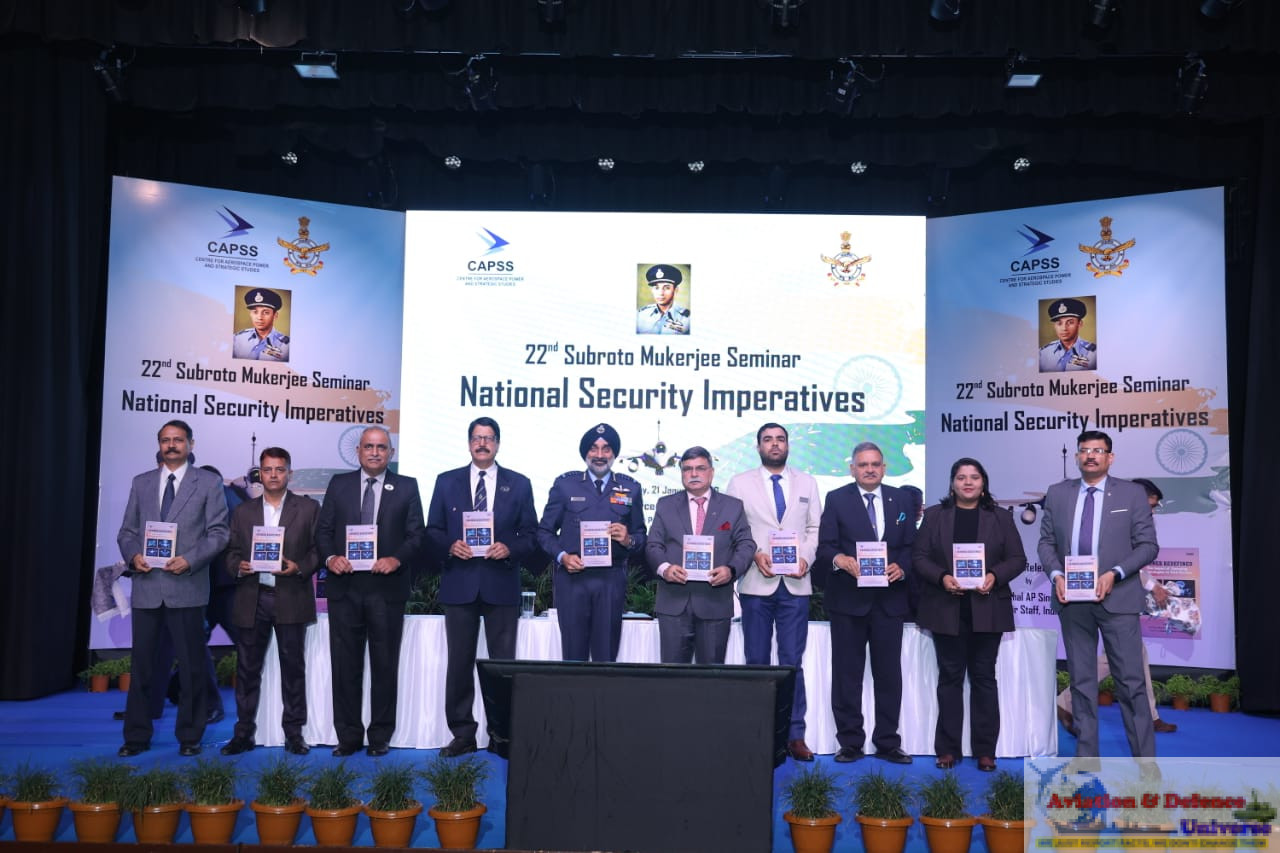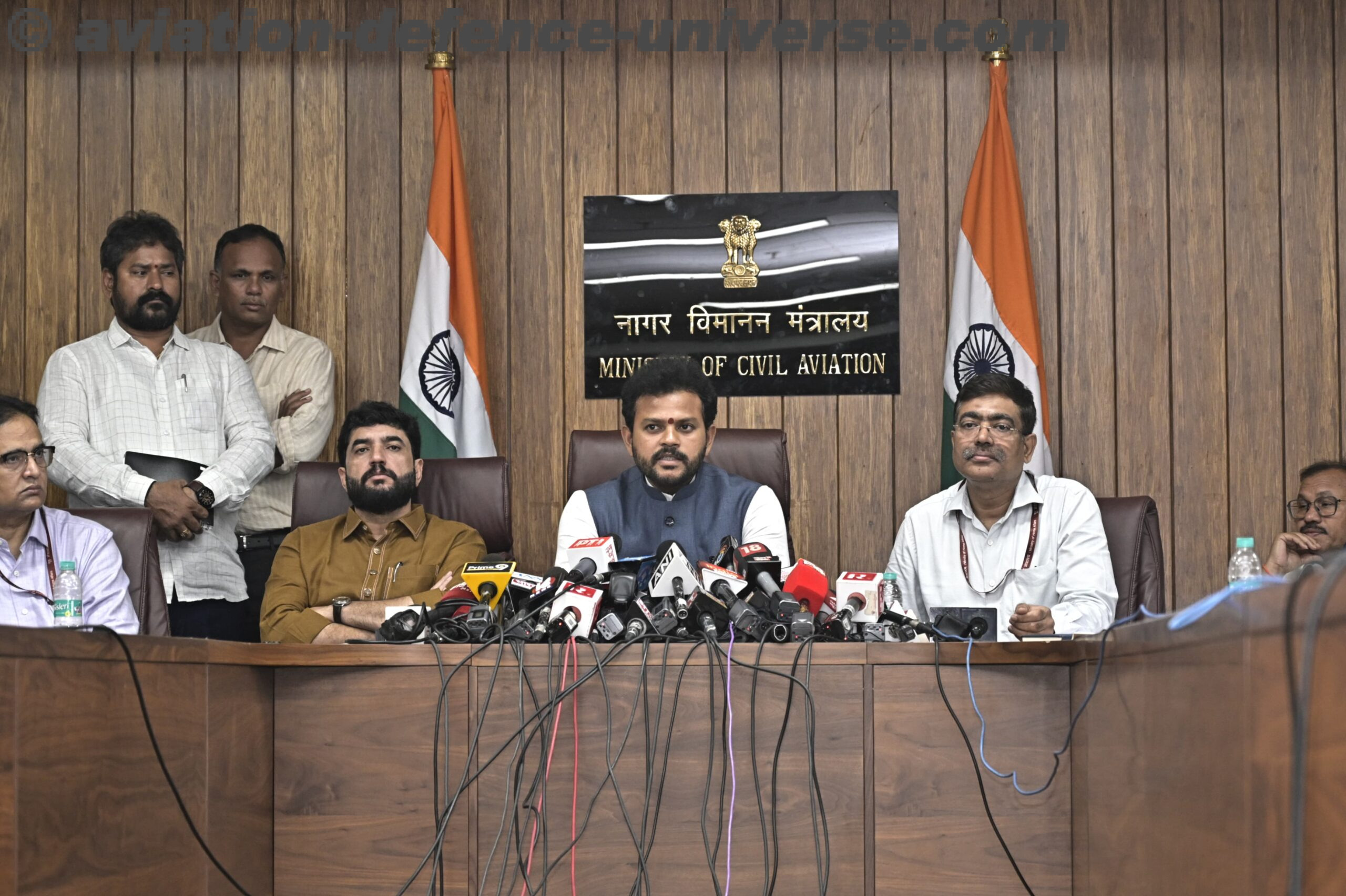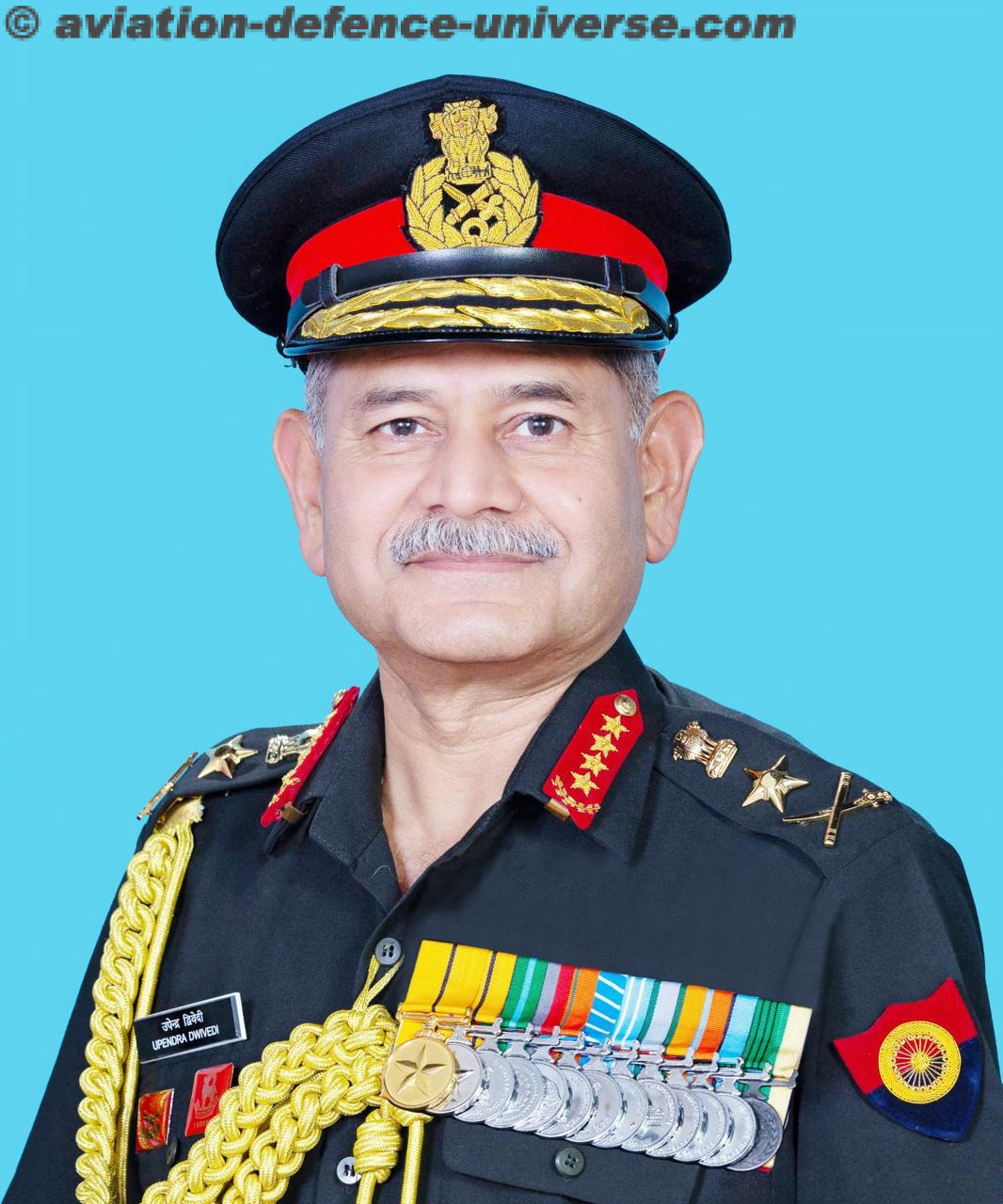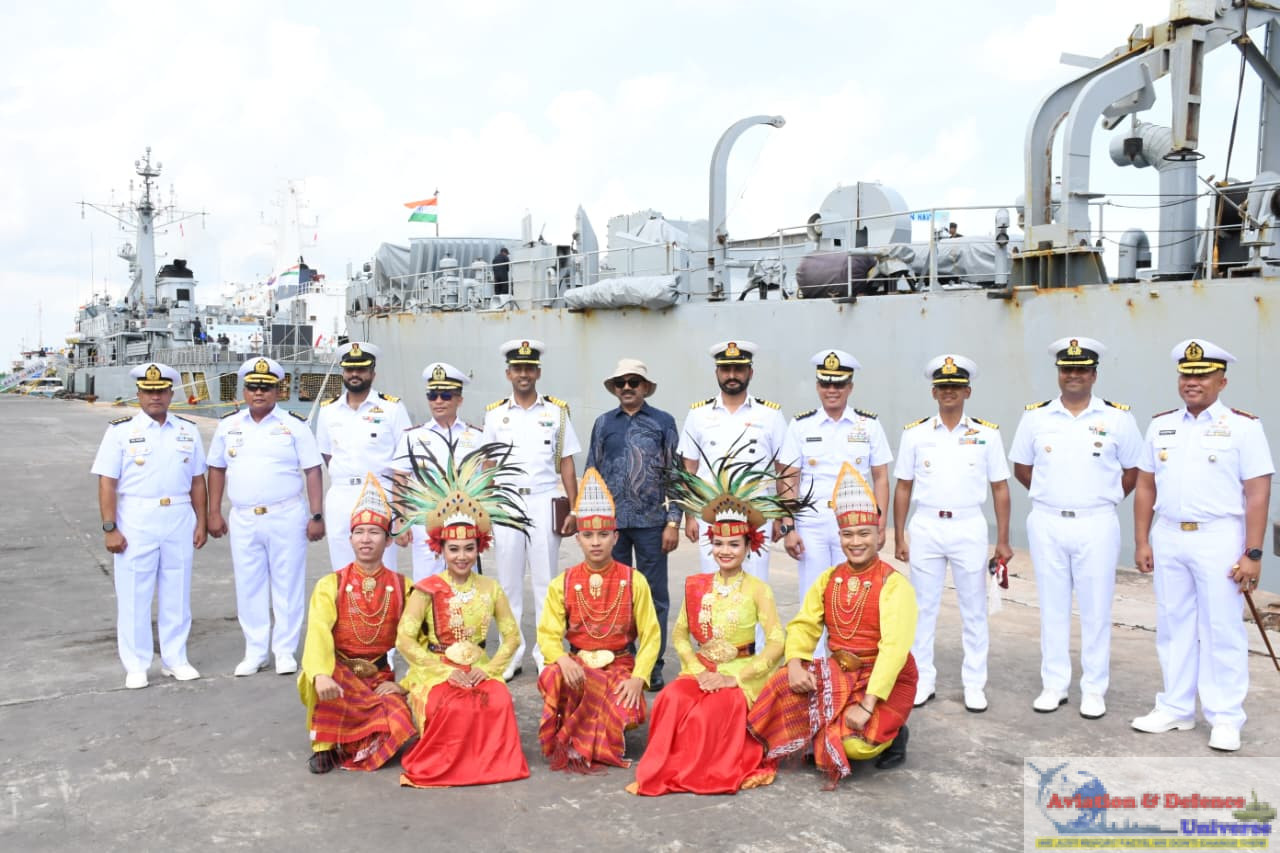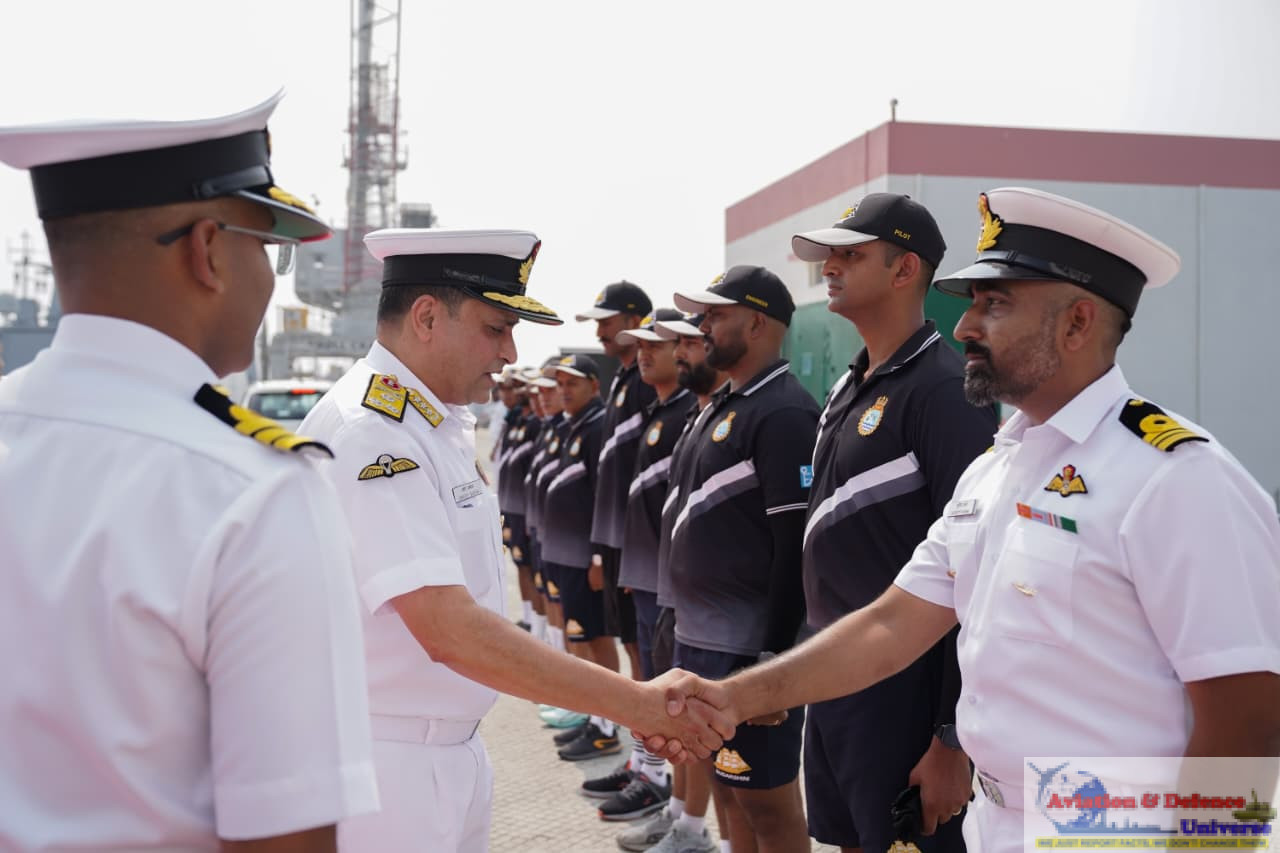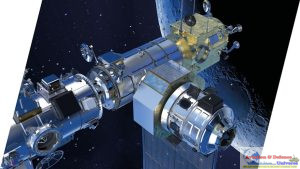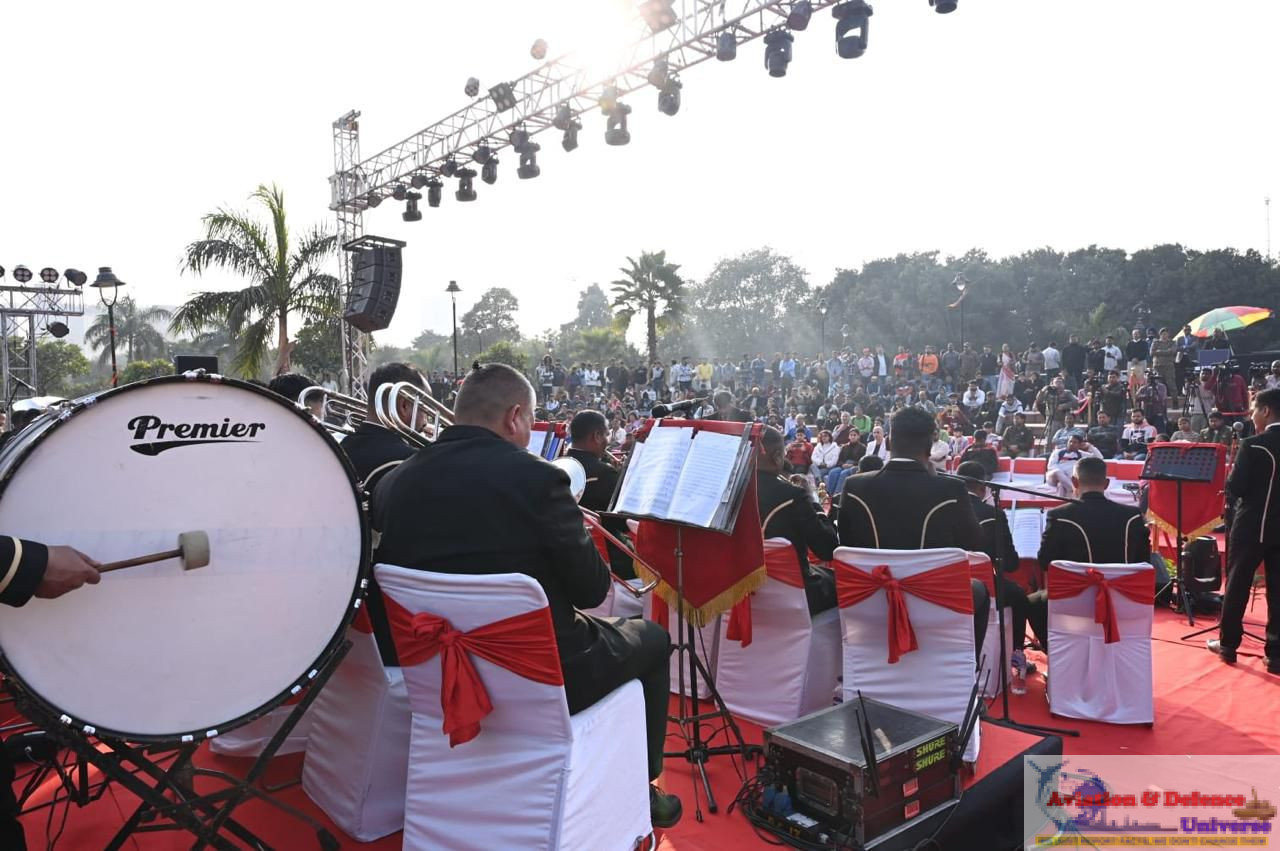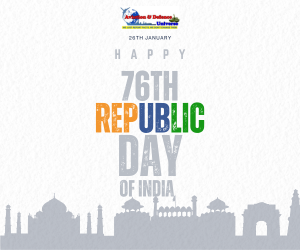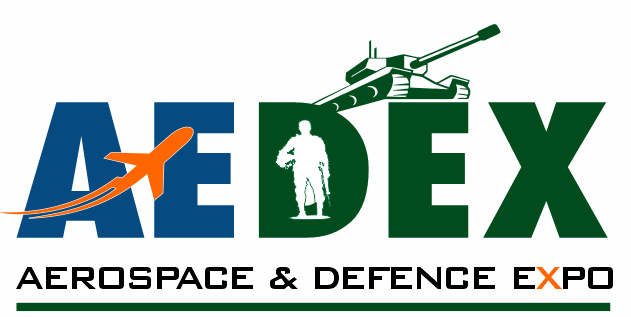- Clearing Legal Airspace: Rayasa Law Partners Guide Defence & Aviation Firms to Compliant Growth
By Sangeeta Saxena
New Delhi. 28 June 2025. As India’s aerospace and defence sectors rapidly evolve, so do the legal complexities surrounding them. At the heart of this dynamic environment is Rayasa Law Partners, a full-service law firm known for its deep expertise in highly regulated sectors. At the helm of its Defence and Aerospace vertical is Sangeet Rai and his partner Subodh Sadana, whose firm has advised on everything from foreign direct investment (FDI) compliance and industrial licensing to offsets, MROs, and joint ventures. In this conversation with ADU, Rai sheds light on the role of legal professionals in streamlining business operations in aerospace, defence, and homeland security.
ADU. What role does a law firm like Rayasa play in the aerospace and defence space?
Sangeet Rai. Defence and aerospace are extremely sensitive and thus highly regulated sectors. Any activity—be it manufacturing, investment, or exports—requires strict compliance with numerous government regulations. We provide complete hand-holding to companies, ensuring they have all the required licenses and approvals. This includes industrial licenses under Press Note 1 and foreign investment clearances as governed by the FDI policy of India. If a company is manufacturing licensable defence items, FDI is permitted up to 74% automatically and beyond that through government approval.
ADU. How do you help foreign companies looking to invest or operate in India?
Sangeet Rai. We support foreign OEMs in setting up operations via joint ventures or wholly owned subsidiaries, taking care of all regulatory aspects. For instance, if they’re manufacturing items falling under IDDM (Indigenously Designed Developed and Manufactured) categories, FDI has additional constraints. We help clients assess their eligibility under DPP and DAP, structure JVs, draft contracts, and ensure compliance with offset obligations and investment thresholds. Our aim is to make ease of doing business a reality in this complex environment.
 ADU. Are you also working with Indian MROs and OEMs?
ADU. Are you also working with Indian MROs and OEMs?
Sangeet Rai. Absolutely. We support many indigenous MROs, especially those working with radar systems, navigation, and communication assets. These clients often operate in SEZs or airport-linked real estate, requiring specialized legal inputs on leasing, licensing, and export authorizations. We also assist in setting up new MRO hubs and guide them through compliance for exporting defence components, particularly under offset obligations.
ADU. What about your experience with offsets and global collaborations?
Sangeet Rai. We’ve provided extensive legal assistance to Indian offset partners. From helping acquire export authorizations to liaising for documentation and compliance, we have been at the centre of legal facilitation for technology transfers. While we work with the offset partners collaboration with their team is essential to fulfilling India’s offset policy mandates.
ADU. Do you also deal with civil aviation and leasing?
Sangeet Rai. Yes, our aviation practice extends beyond defence. We advise on aircraft leasing, pilot and crew training, aviation clearances, and commercial legalities. The business aviation sector especially needs legal support in airport slot allocation, leasing structures, and compliance with DGCA norms. We also handle legal issues tied to SEZ setups and hangar leasing.
 ADU. Are you involved in any defence offset-related legal work?
ADU. Are you involved in any defence offset-related legal work?
Sangeet Rai. Yes, we are rendering legal assistance to Indian offset partners. As you know, the Government of India procures for Indian Arm Forces and some of the critical components are manufactured in India by these offset partners. We assist them in ensuring full regulatory compliance during manufacturing and export.
ADU. What kind of legal assistance do you provide in such offset projects?
Sangeet Rai. Our role spans the entire compliance spectrum. If a company is manufacturing or exporting defence-related equipment or assemblies, they are required to obtain multiple authorisations and comply with the Ministry of Defence’s export control framework. We hand-hold our clients through the entire process—advising them on documentation, filing the export authorisation applications, and helping them secure all necessary approvals before exporting any components.
ADU. So your role extends to enabling smooth collaboration between Indian partners and the foreign OEM?
Sangeet Rai. Precisely. The offset partners are Indian companies who have secured technology transfer agreements under India’s offset policy. For the programme to succeed legally and operationally, we assist not just the Indian firms but also coordinate with the OEM to ensure all paperwork, approvals, and procedures are aligned with regulatory mandates.
The aviation and defence sectors operate within a labyrinth of regulatory frameworks, necessitating meticulous legal guidance. From licensing requirements under Press Note 1 to compliance with India’s FDI policy, manufacturers and investors must navigate detailed procedures before engaging in any defence-related activities.
Legal expertise is also vital for structuring joint ventures, securing industrial licenses, and adhering to procurement norms under the Defence Acquisition Procedure (DAP) and Defence Procurement Procedure (DPP). In this tightly controlled ecosystem, law firms ensure operational readiness by managing contracts, shareholder agreements, and technology transfers, all while upholding compliance with national security considerations.
Additionally, India’s offset policy demands rigorous oversight, especially for foreign OEMs working with Indian partners. Legal teams play a critical role in advising on eligibility, preparing documentation, and obtaining export authorizations—elements crucial for participating in Make in India defence programmes. As MRO infrastructure grows and private firms step into military aviation maintenance, legal firms are central to resolving land use issues, SEZ regulations, hangar leasing, and import-export controls. In both defence and commercial aviation, legal support has become an indispensable pillar of sustainable and strategic expansion.
As told to Sangeeta Saxena












